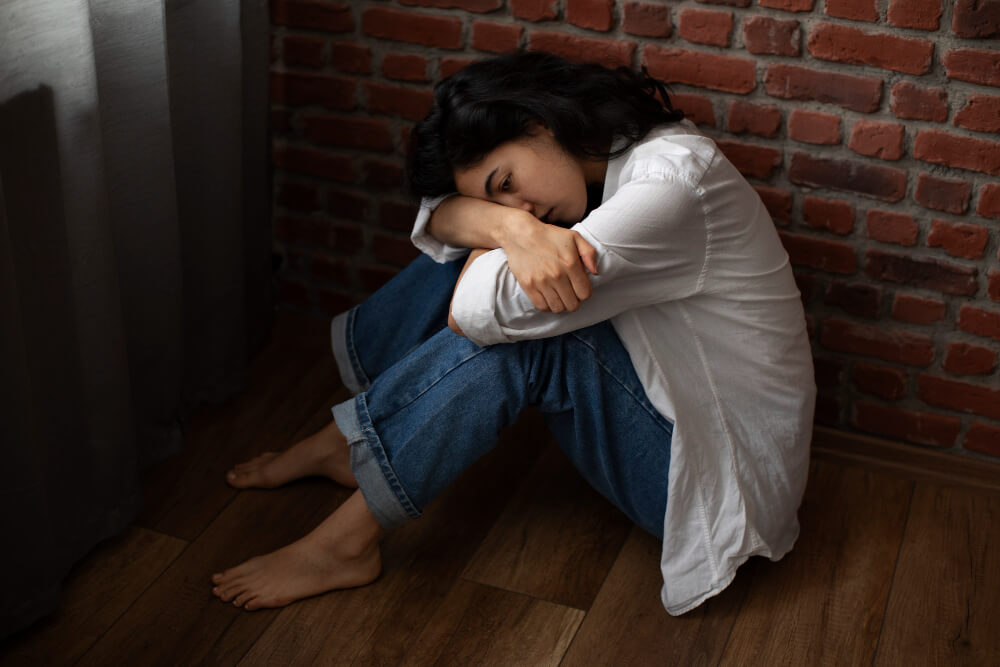Sleep Apnea and Depression
Sleep apnea, a condition characterized by interruptions in breathing during sleep, is often associated with excessive daytime sleepiness and fatigue. However, emerging research has shed light on a significant link between sleep apnea and depression. This complex relationship highlights the importance of addressing both conditions for optimal health and well-being.
The Connection Between Sleep Apnea and Depression
The exact mechanisms underlying the relationship between sleep apnea and depression are not fully understood, but several factors may contribute to this association:
Sleep Disruption and Mood Disorders Sleep apnea disrupts sleep patterns, leading to fragmented and non-restorative sleep. Chronic sleep deprivation can contribute to mood disturbances, irritability, and an increased risk of depression.
Chronic Inflammation Sleep apnea is associated with chronic inflammation, a process linked to various health conditions, including depression. Inflammation can affect brain function and mood regulation.
Hormonal Imbalances Sleep apnea can disrupt the body’s hormonal balance, affecting the production of cortisol, a stress hormone. Chronic stress and imbalances in cortisol levels can contribute to depression.
Reduced Oxygen Levels During sleep apnea episodes, the brain experiences brief periods of oxygen deprivation. This can lead to oxidative stress and damage to brain cells, which may contribute to depressive symptoms.
Symptoms of Sleep Apnea and Depression
Recognizing the symptoms of sleep apnea and depression is crucial for early diagnosis and treatment.
Symptoms of Sleep Apnea
- Loud snoring
- Choking or gasping during sleep
- Excessive daytime sleepiness
- Morning headaches
- Dry mouth or sore throat upon waking
- Restless sleep
- Mood disturbances
Symptoms of Depression
- Persistent sadness or emptiness
- Loss of interest in activities once enjoyed
- Changes in appetite or weight
- Difficulty concentrating or making decisions
- Fatigue or low energy
- Sleep disturbances
- Feelings of worthlessness or guilt
- Thoughts of self-harm or suicide
Diagnosing Sleep Apnea and Depression

A comprehensive evaluation is essential to diagnose both sleep apnea and depression. This may involve a combination of medical history, physical examination, sleep studies, and psychological assessments.
- Sleep Study: A sleep study, also known as polysomnography, monitors your brain waves, heart rate, breathing, and blood oxygen levels during sleep to diagnose sleep apnea.
- Mental Health Evaluation: A mental health professional can assess symptoms of depression and develop an appropriate treatment plan.
Treating Sleep Apnea and Depression
Treatment for sleep apnea and depression often involves a multidisciplinary approach.
- Sleep Apnea Treatment: Continuous positive airway pressure (CPAP) therapy, oral appliances, or surgery may be recommended to address sleep apnea.
- Depression Treatment: Antidepressants, psychotherapy, and lifestyle changes can help manage depression.
- Lifestyle Modifications: Maintaining a healthy weight, regular exercise, and stress management can benefit both conditions.
The Importance of Comprehensive Care
Addressing both sleep apnea and depression is crucial for optimal health and well-being. By working closely with sleep specialists and mental health professionals, individuals can develop a personalized treatment plan to manage both conditions effectively.
By understanding the complex relationship between sleep apnea and depression, individuals can take proactive steps to improve their sleep quality, mental health, and overall well-being.

